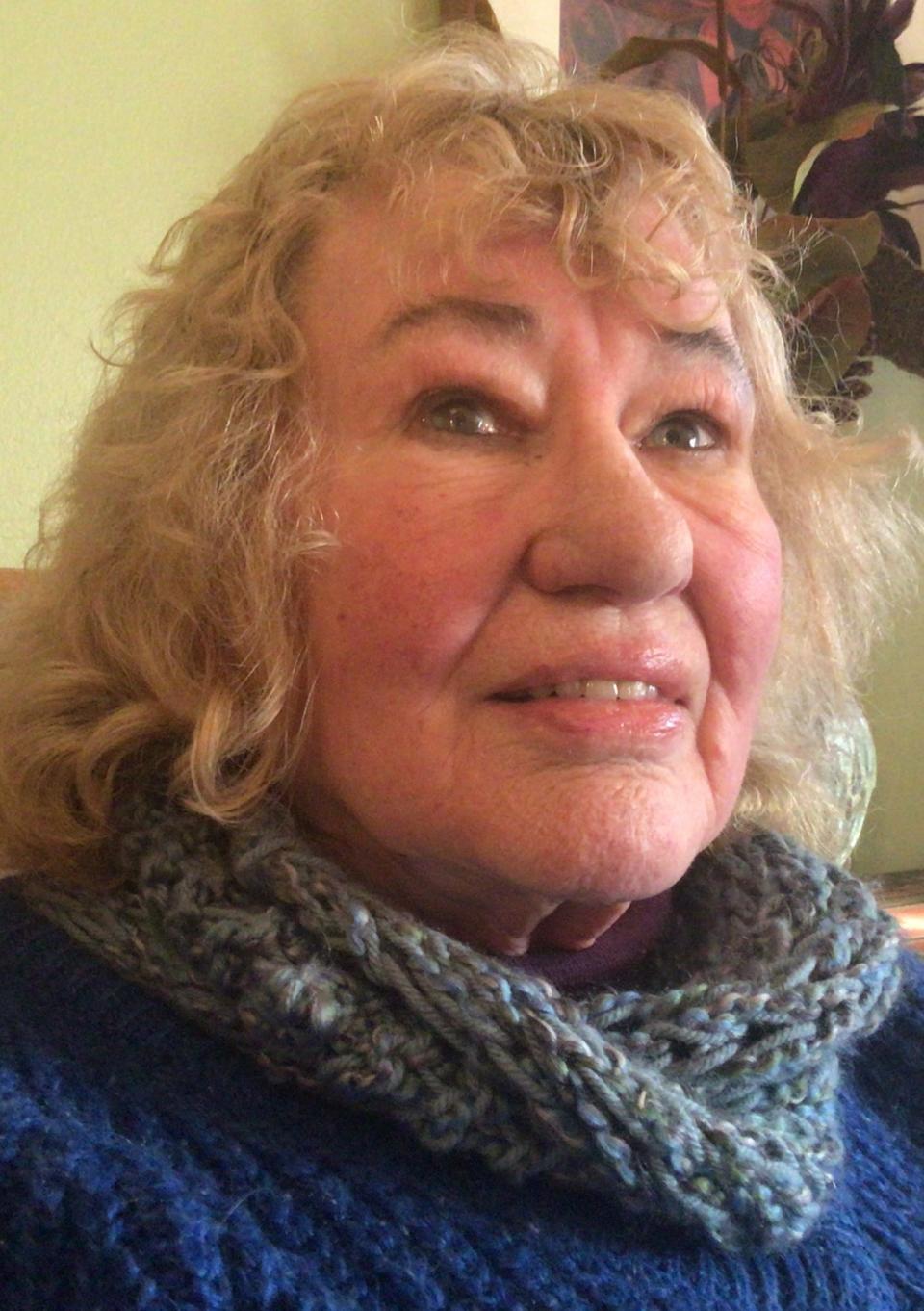Opinion/Leedom: As Election Day approaches use your freedom of speech responsibly
Words have always mattered, still do, and will even more as the midterm elections approach. Free speech is one of the most important guarantees in our democracy, but it is in peril. Some say free speech has always been dangerous to the speaker and to those to whom speakers direct their remarks.
It took a Supreme Court case to rule on free speech in 1919. In the case Schenck v. United States famed Justice Oliver Wendell Holmes coined phrases still used to define what is and isn’t free speech – “fire in a theater” and “create a clear and present danger.”

The case denied the petition of John Schenck, a man arrested for distributing pamphlets arguing against the legality of the draft. In those days pamphlets were popular methods to spread information and beliefs. Today it’s social media. It’s the hundreds of thousands of blogs and posts and sites and platforms free to access by logging on or lurking in the background.
Users can voice their views, argue with people across the world, dispel misinformation, create misinformation, virtually yell at other users, find dates and mates, conspire with like-minded folks, write nasty things about anyone anywhere and expose themselves to ridicule and defamation. Libel and slander can result in serious, sometimes legal, repercussions.
Nov. 8 is Election Day: Everything you need about voting this fall
Social media sites are ratcheting up their efforts to dispel lies by those who post their opinions as facts. Meta (formerly Facebook), Twitter and TikTok released plans to look carefully at content involving the upcoming November elections. If the watchers at these companies deem content to be false, social media outlets can cancel accounts. It’s happened.
According to a Meta fact sheet, the company has “hundreds of people focused on the midterms across more than 40 teams” and spent $5 billion on global safety and security last year.
Twitter said in a blog post it would “label” posts with misleading content or claims about voting, including false information about the outcome of an election.
Midterm election: Candidate profiles, voter information and more.
The Stop the Steal people, those who claim the 2020 presidential elections were “stolen” have no facts on which to base their claims. But that doesn’t mean the movement is over. They believe, despite all evidence to the contrary, that elections, national, state and local, were somehow “rigged.” Remember the phone call from then-President Trump to Georgia’s Secretary of State? He said he’d won Georgia by “hundreds of thousands of votes.” Until now no investigations have found there was any manipulation of ballots in Georgia.
Now, after the FBI searched Mar-a-Lago, there are all kinds of threatening posts on social media sites. The magistrate who signed the arrest warrant and his family have been threatened. Anti-Semitic remarks have appeared on posts. Is this free speech? Is it the duty of the sites’ owners to take down obvious lies and slurs? Where’s the line between speeches and rants that incite violence? How far is too far?
Cape Cod business: What challenges are ahead for aging Cape Cod cranberry industry?
People who put themselves out there in public, who risk threats to themselves and their families are brave souls who (mostly) run for election because they want to change programs and policies currently in place in their towns, cities and states. They have what’s called platforms in which they promise all kinds of things to everyone. They tout their accomplishments and taunt their opponents. It’s politics.
Candidates running for the midterm elections this year best be careful about how they use words to talk about their views about anything. They need to back up their claims, cite verified numbers, not defame their opponents and tell the truth.
Forbidden fruit?: Here's a way to join Cape Codders reading banned books
When candidates talk about their rivals, they better authenticate their remarks with those in authority to verify the truth. Did Candidate A attend only one Governor’s Council meeting last year? Did Candidate B really take donations from the NRA?
Fuzzy comments distort but are not necessarily true or false. We voters should ask candidates to explain such comments as: He doesn’t know what he’s talking about. She is the supreme example of a bigot. He cheated. She’s off the wall. He’s been known to attend off-color establishments. She’s been seen at a violent demonstration. He’s all wet. She’s shading the truth. He’s an idiot. She’s just stupid. And so on and so on.
Words matter.
Barbara Leedom is a resident of South Yarmouth. Contact her at bleedom@gmail.com.
Stay connected with what's happening on the Cape. Download our free app.
This article originally appeared on Cape Cod Times: Freedom of speech not a ticket to lie, especially during election time

